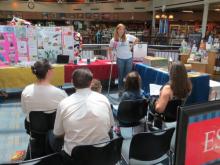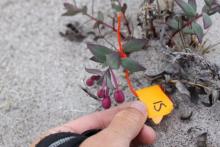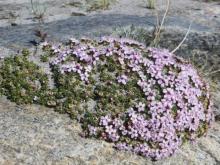Update
Live PolarConnect Event!
We had a great live event with Emily while in Greenland on Monday, 16 June 2014. You can see the video, listen to audio, and access a pdf of slides all in the PolarConnect Archives!
Researchers Blogged Too!
The team researchers are part of a great science program called IGERT. You can subscribe to blogs from researchers in the program here. Here is a blog by research team member Ruth Heindel.
What Are They Doing?
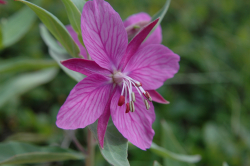
This work can have important pan-Arctic and global implications. The majority of flowering plants in nature and one third of our crop plants depend on pollinators to produce fruits and seeds. As temperatures rise in the Arctic, successful adaptation and range expansion of many plants, including plants migrating into the Arctic, will depend on pollinators. This study will help us determine which mechanisms may most strongly drive changes in plant-pollinator interactions and plant reproduction.
Where Are They?
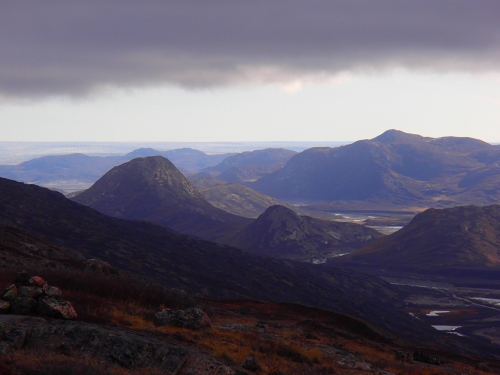
Latest Journals

Ms. Urbanowicz is a PhD student in the Ecology and Evolutionary Biology graduate program at Dartmouth College. Her research explores the effects of climate change on plant-pollinator interactions. Pollinators and plants might have different responses to climate change, which can have important environmental and agricultural consequences. She is currently focusing on the Arctic, where environmental change due to climate change is rapid. This research focus translates to many happy hours in the field, collecting data about flowers and their visitors. More information about Ms. Urbanowicz's research group can be found here.

